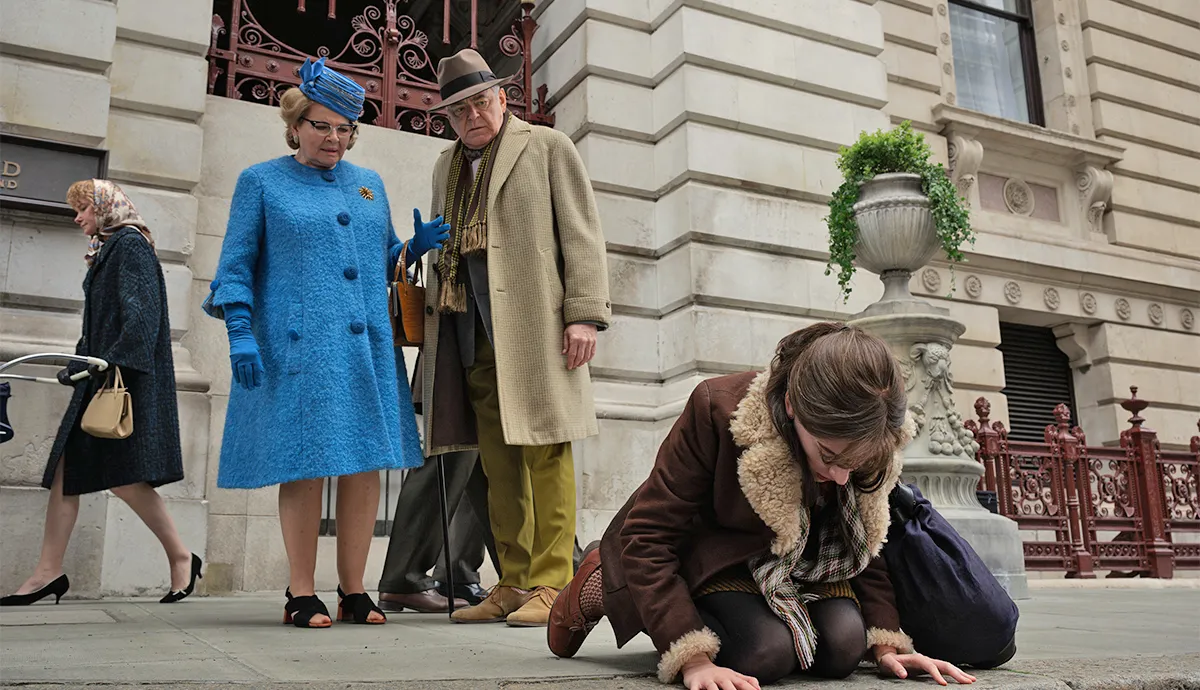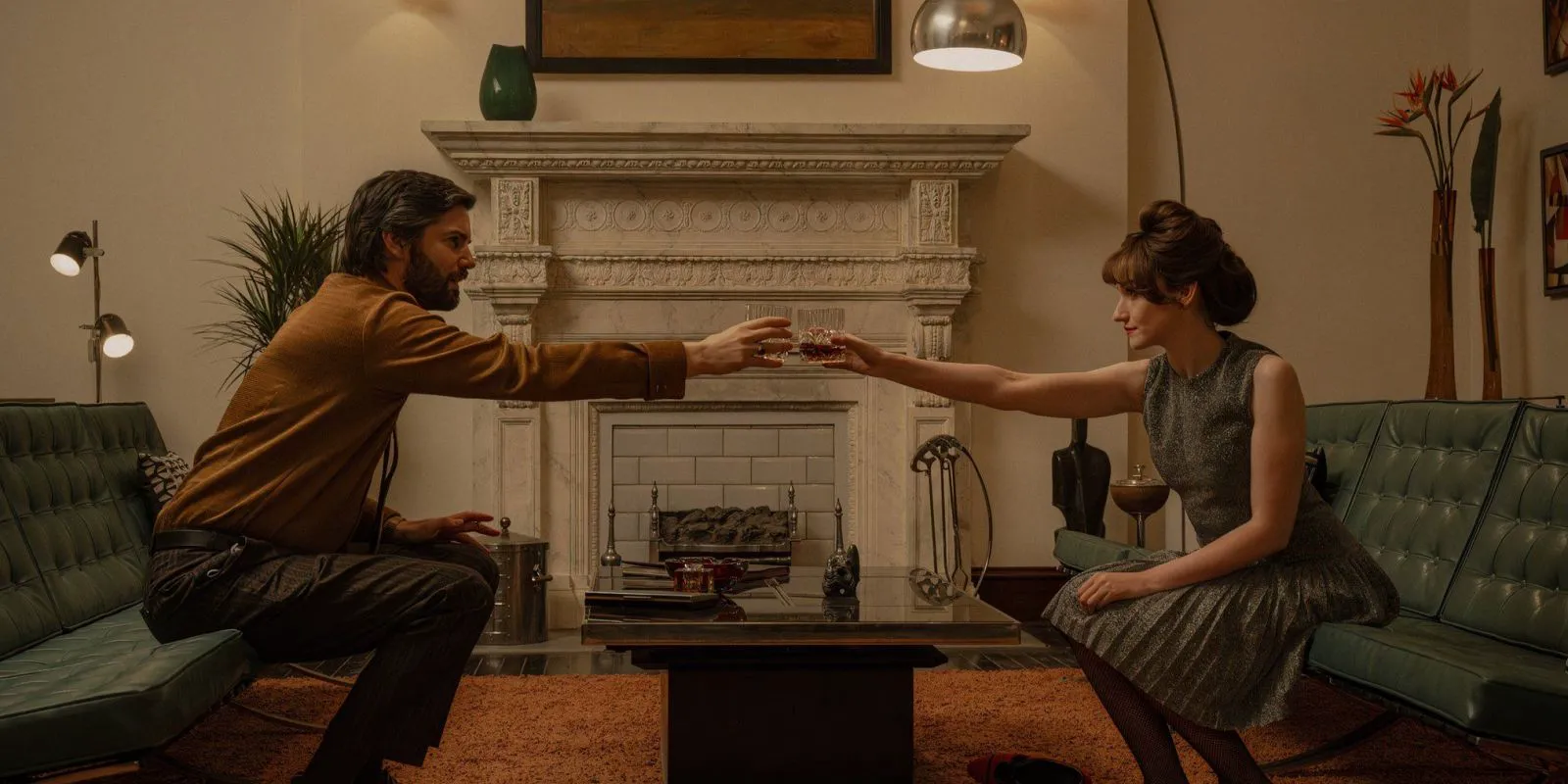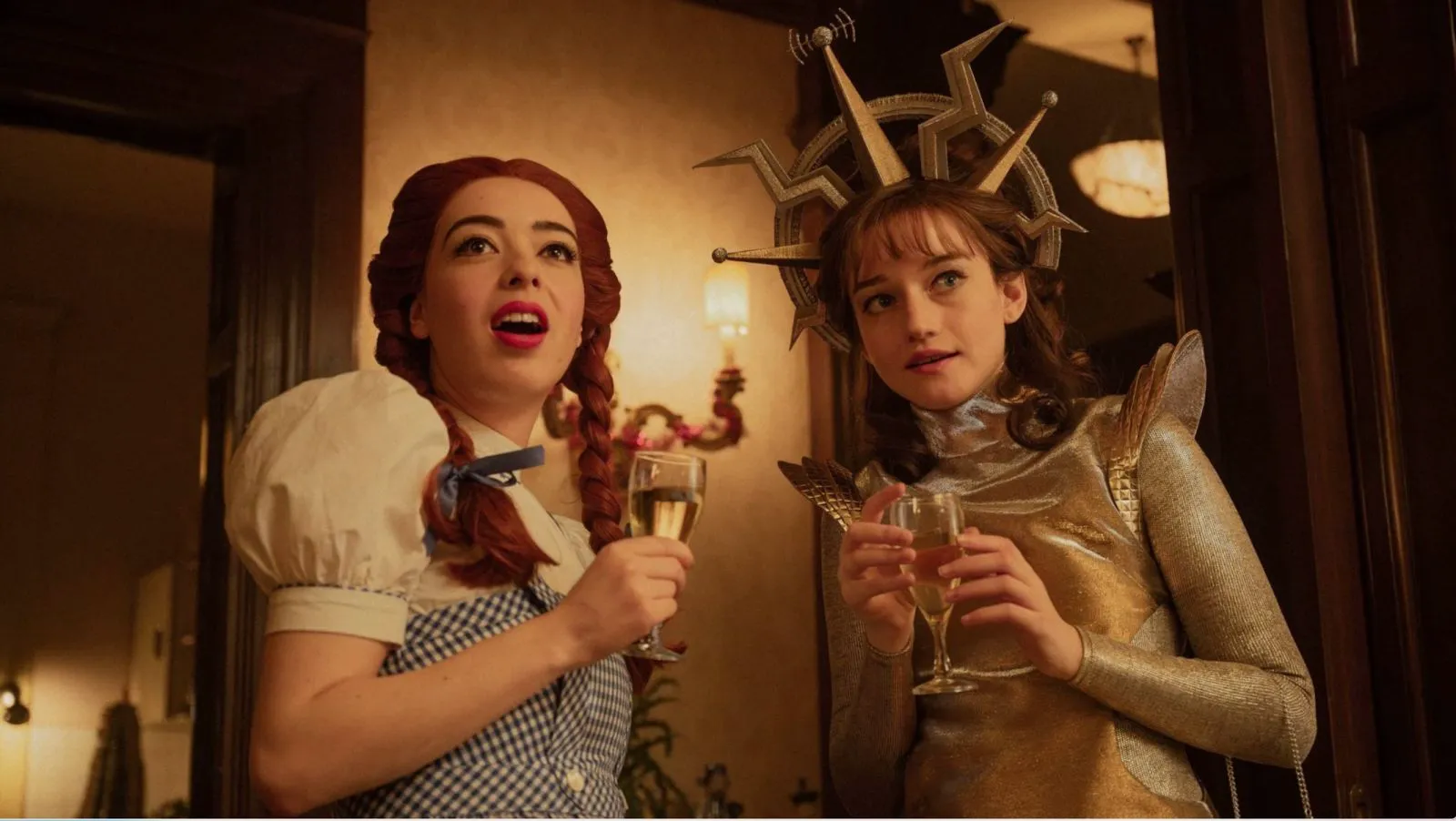A Dance with Darkness: Reimagining a Polanski Classic
As 2024 winds down, it’s been a year brimming with prequels to iconic horror films. We’ve seen new installments of “The Omen” and “A Quiet Place” dominate the big screen, “Alien” had another chapter, and now, quietly arriving on streaming platforms, is a prequel to Roman Polanski’s “Rosemary’s Baby.”
Attempts to revisit this timeless classic from the '60s have been brewing since the early 2000s. Michael Bay once considered executive producing a remake. While a full-fledged remake never materialized, we got a TV series in 2014 starring Zoe Saldana and directed by Agnieszka Holland. However, this adaptation of Ira Levin’s novel missed key details and didn’t resonate with critics, leaving room for a potential future reimagining. A decade later, Skylar James’s draft script landed in the hands of Natalie Erika James, known for her atmospheric horror film “Relic.” Instead of a remake, they opted for a prequel to “Rosemary’s Baby,” drawing from Levin’s dark novel.

Julia Garner as Terry in “Apartment 7A”
The Dancer’s Dream
The story unfolds in 1965 New York. Terry Gionoffrio (Julia Garner), an ambitious young dancer, dreams of Broadway stardom. But fate intervenes when a stage injury shatters her aspirations. Determined to catch a producer’s eye, she meets Alan Marchand (Jim Sturgess). Following him home, she encounters Roman and Mimi Castevet (Kevin McNally and Dianne Wiest), an elderly couple who take her in, heal her ankle, and encourage her relationship with Alan. Terry accepts their help, unaware she’s fallen into a coven of Satan worshippers.

Julia Garner as Terry in “Apartment 7A”
Echoes of Rosemary
In Polanski’s “Rosemary’s Baby,” Mia Farrow and John Cassavetes’ characters witness the suicide of Terry (Victoria Vetri), a drug-addicted pregnant woman living in the Castevets’ apartment. Mimi later gives Rosemary a locket with tannis root, once belonging to Terry. “Rosemary’s Baby” only briefly mentions Terry and her suicide. However, it becomes clear that Terry, like Rosemary, was intended to be the mother of the Antichrist. Although “Apartment 7A” is billed as a prequel to Levin’s novel, Natalie Erika James essentially remakes “Rosemary’s Baby,” with minor plot deviations.

Julia Garner as Terry in “Apartment 7A”
A Familiar Trap
Like Rosemary, Terry is a victim of circumstance, lured by false promises. Her encounter with the Castevets seems like a golden ticket to Broadway, but her dreams are overshadowed by the nightmare of unwanted motherhood. Unlike Polanski, who avoided graphic violence, James uses jump scares and body horror. “Apartment 7A” is a retrospective with a known ending, creating a sense of paranoia. The evil within Terry looms, but mostly lies dormant. The film’s meticulous adherence to the original is offset by cumbersome dance scenes that add little value. “Apartment 7A” doesn’t become a musical, which is a missed opportunity. The characters’ campy costumes add to the grotesque atmosphere. It seems the costume and makeup departments had more creative freedom than the director and writers.
A Dependent Vision
Perhaps due to this creative constraint, “Apartment 7A” doesn’t quite work with “Rosemary’s Baby.” The two films mirror each other, offering a linear progression of the same events with slight variations. The prequel doesn’t add a fresh perspective, neither in the context of Polanski’s reputation nor in the context of modern feminism. It remains a disappointingly co-dependent film, unable to stand on its own.